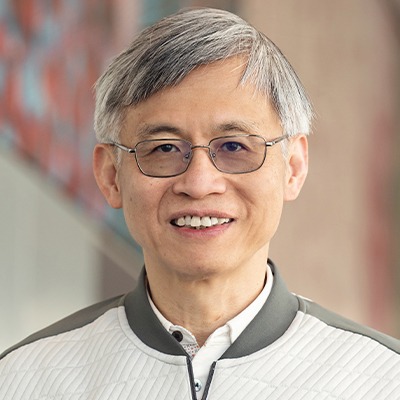Tzumin Lee, M.D., Ph.D.


Tzumin Lee received his M.D. in Taiwan and earned his Ph.D. at Johns Hopkins Medical School, where he discovered the power of Drosophila genetics from Dr. Denise Montell, Ph.D.
Lee then studied the development of the nervous system in the lab of Liqun Luo, Ph.D., at Stanford. He set out to develop a way to label specific neurons based on cell lineage. The technique, called mosaic analysis with a repressible cell marker, or MARCM, is used to discover the functions of genes, as well as to trace the lineages of neurons and the paths of neural impulses. Besides uncovering genes critical for lineage-guided neural development, Lee has taken MARCM further, creating twin-spot MARCM and lineage-restricted genetic drivers. These refinements make it easier to identify individual neurons and their origins.
At the Howard Hughs Medical Institute Janelia Research Campus, Lee reconstructed the development of the fruit fly brain from individual neural stem cells to diverse neural types. By profiling the transcriptomes of cycling neural stem cells over time, Lee has further uncovered several temporal factors that encode time and confer serial-born neurons with distinct birth order-dependent cell fates.
At the University of Michigan, Lee is working to to track genome states and neuronal lineages simultaneously in various model organisms to reveal the genomic mechanisms that shape distinct brains characteristic of different species.